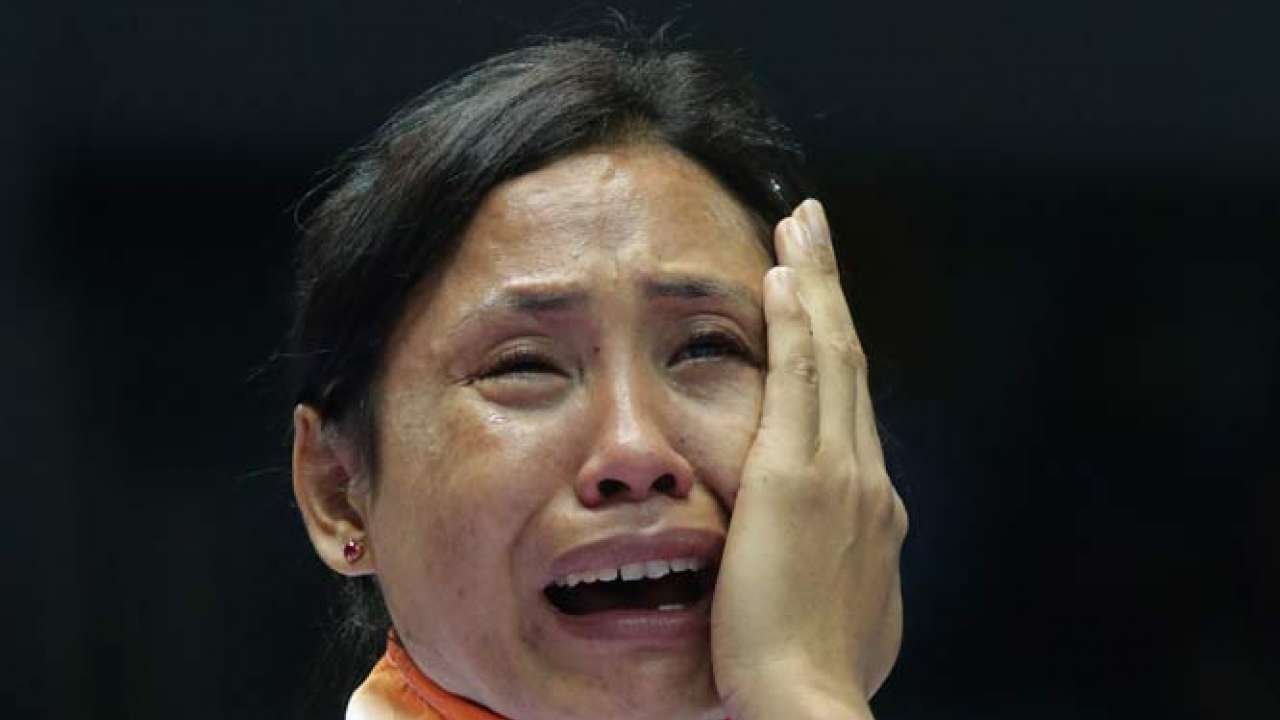
The 17th Asian Games (or Asiad, as they are also known) have concluded on Saturday. The event was a success overall with China once again coming out on top with a dominant performance bagging 337 medals.
In events like Asiad and Olympics, often the host nation pulls above its weight thanks to buoyant crowd support. However, a curious thing happened in Incheon. The Asian Games was marred with several allegations of favouritism towards the host country, South Korea. Several controversial decisions were given in events involving South Korean athletes.
1) China-South Korea badminton final: This was the first of the many times South Korea would be accused of favouritism to its own athletes. The Chinese team coach alleged that the South Koreans had manipulated the wind flow in the stadium. The coach of the Japanese team also accused the South Koreans of manipulating the wind flow, saying that it changed direction every time the Japanese team changed ends. In both cases, the South Koreans won the match. Thailand's Ratchanok Intanon, a former world champion, also blamed the "strangely strong winds" for her defeat in the quarterfinals of the women's singles event against a South Korean opponent.
2) South Korea v/s Thailand, men's football semis: The president of the Football Association of Thailand accused the referees of making deliberate errors during the South Korea-Thailand semifinal, especially with regard to a penalty kick awarded to South Korea in injury time of the first half. He believed the penalty was not warranted. South Korea, already 1-0 up, went 2-0 up after converting the kick and held on to their lead to reach the final.
3) Laishram Sarita Devi controversy: Indian lightweight boxer Laishram Sarita Devi went up against Jina Park of South Korea in the women's lightweight silver medal match. Many who followed the fight felt that Sarita Devi had won easily, but Park was awarded the 3-0 win.
Sarita was left in tears and even the Indian Olympic Association officials refused to interfere, forcing her to pay the $500 appeal fee after borrowing the money from her coach and a journalist. Later on, Sarita Devi caused controversy by refusing to take her bronze medal in the award winning ceremony and handed it over to the silver medalist Jina Park. The AIBA opened disciplinary proceedings against Sarita, but the boxer apologised for the sake of her fellow boxers and the charges were withdrawn. The opening of proceedings however caused even more outrage and controversy.
4) Mongolian boxer controversy: Lightning struck twice as Mongolian boxer Nyambayaryn Tögstsogt was declared the loser in a 56kg bout against South Korean Ham Sang-myeon. He stayed in the ring for a while after the match to protest the decision, and Mongolian officials took out a protest march later.
5) Laishram Devendro Singh controversy: In men's 49 kg, India's Devendro Singh shockingly lost 0–3 in his quarterfinal bout against South Korea's Shin Jong-hun, despite out-punching his opponent in all three rounds.
6) Iranian wrestler controversy: Iranian wrestler Saeid Abdevali was declared the winner of his bout against South Korea's Jung Ji-hyun in the Greco-Roman wrestling semifinal. However, after South Korean officials protested the decision, it was overturned and Jung was declared the winner. He went on to win the gold medal. It is interesting to note how no controversial decision that went in favour of a South Korean was ever reversed during the Games.
7) Philippines boxing controversy: In men's 52 kg boxing, the Association of Boxing Alliances in the Philippines (ABAP) executive director Ed Picson had decided to file a protest against the ruling in the match between Filipino boxer Ian Clark Bautista and his Korean opponent Choe Sang-don, which the former had lost after a contentious decision. Earlier, in the light flyweight round of 16, Mark Anthony Barriga of the Philippines had lost to South Korea’s Shin Jong-hun by a unanimous judges' decision. Eventually, Picson wrote a letter to Asian Games boxing tournament supervisor David Francis to seek a review of all the matches.
There were some more controversies which did not involve South Korea, such as certain Chinese athletes being favoured in matches against Thai athletes. However, the apparent bias towards South Korean athletes was extremely evident during the 15-day event.